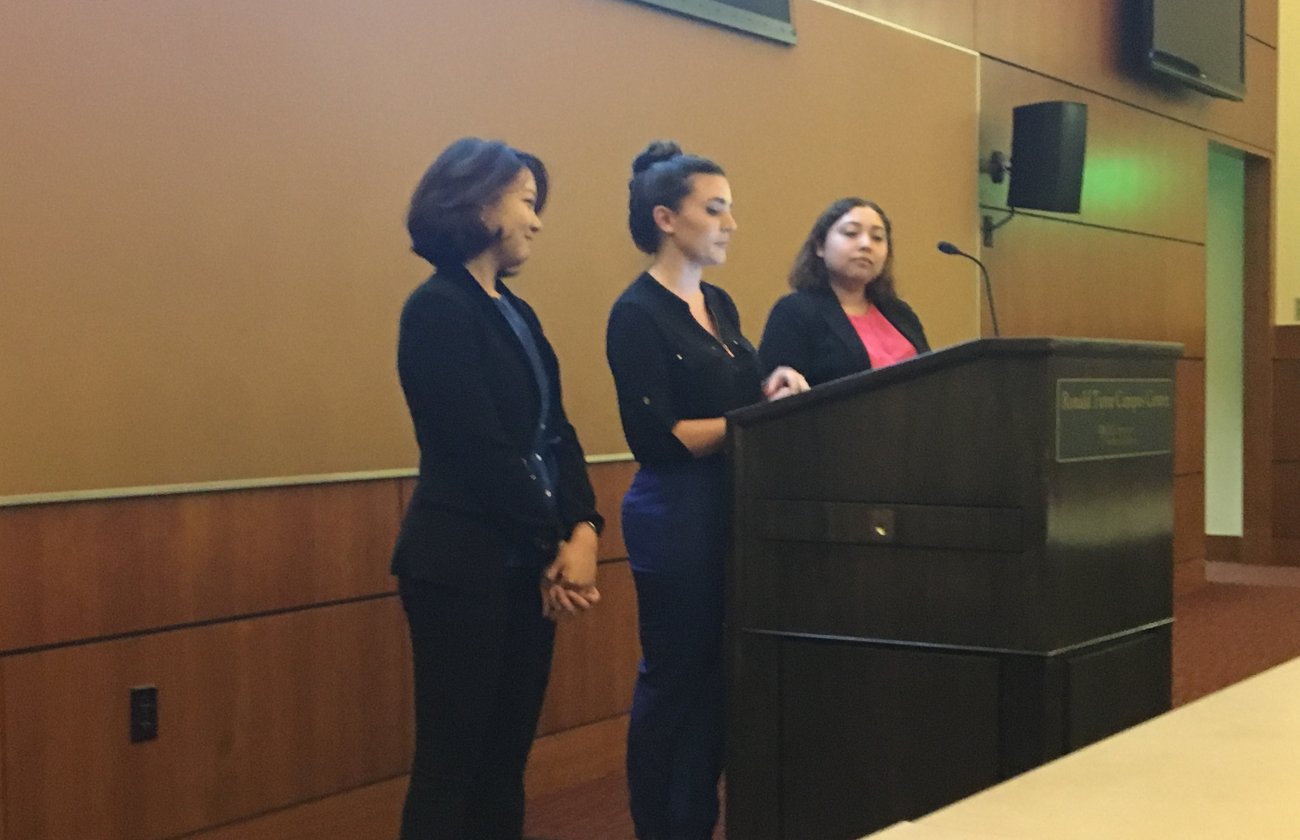City government data is a vital public resource that can be used to solve problems and improve quality of life, but there is a widening gap between Los Angeles County cities that are making important data available to the public in useful ways and those that are not. This and other findings are detailed in a comprehensive new report, Empowering the Public Through Open Data: Findings and Recommendations for City Leaders in Los Angeles County, released today by the University of Southern California's Annenberg Center on Communication Leadership & Policy (CCLP) and the USC Sol Price School of Public Policy.
From crime reports and transit schedules to campaign contributions and 311 service requests, cities are now producing, collecting, and storing more data than ever before. And since 2013, a number of cities in Los Angeles County have become national leaders in “open data” — the movement for governments to release data in ways that increase transparency, encourage citizen participation, attract new business, and improve government efficiency. But despite significant progress, there is much more that cities in Los Angeles County and around the country could do to expand the scope and usefulness of their open data initiatives. For example, meaningful datasets related to important areas like criminal justice, health, and education have been mostly absent from discussions of open data. Police and court records that include demographic data could illuminate how certain groups are targeted with tougher enforcement and sentencing, and ultimately lead to policy changes that promote a fairer justice system.
“The report covers the real challenges that exist in implementing city open data initiatives,” said Ali Farahani, Los Angeles County’s Chief Data Officer. “It provides a valuable framework for elected officials to address these issues when developing plans for open data initiatives.”
Among other recommendations, the report calls on city leaders to focus on data-driven problem solving, to develop a network of open data advocates across the county, and to engage citizens in open data initiatives by tracking and highlighting positive outcomes.
“While open data efforts are fairly new, cities in LA County are poised to be leaders in this burgeoning movement,” explains Ev Boyle, principal investigator on the report and CCLP director of special projects. “We want to encourage city officials to keep pushing to provide more, and more useful, data to the citizens they serve.”
“Hopefully this report will stimulate leaders in the emerging civic tech community in LA County to push their open data initiatives forward,” says Peter Robertson, Ph.D., USC Professor and Director of the Price School’s Master of Public Administration. “Done right, such initiatives can enable people and communities to use city data in creative ways that improve the quality of services provided by local governments.”
In an effort to better understand what the 88 incorporated cities in LA County are doing to make their city data open and accessible, the research team sent a survey to city officials from all 88 cities; conducted in-depth interviews with officials from seven cities, Los Angeles County, and the Mayor’s and Controller’s offices of the City of Los Angeles; reviewed existing research about open data from academic, public, and private sectors; and scored all cities with open data portals using criteria from the U.S. City Open Data Census.
“This report is an invaluable resource for city officials and others who want to use open data to improve the lives of their residents,” says Geoffrey Cowan, USC University Professor and former chair of the Los Angeles City Ethics Commission.
Open data efforts in Los Angeles County are still in their infancy, and this report provides actionable recommendations to help move those initiatives forward. Recommendations for city officials and other open data advocates include:
- Focus open data initiatives not only on transparency and accountability, but on how data can be used to solve entrenched problems
- Establish a network of city officials across LA County who are advocates for open data in their cities and across the county
- Look beyond existing open data criteria to make sure open data is working in the unique context of your city
- Pursue outside grants and other opportunities for funding, or get started with open data for minimal cost
- Ensure that the privacy of citizens is a top priority from the beginning of any open data initiative
“Open data has the potential to transform and connect one of the most sprawling and demographically diverse regions in the country,” reads the report. “This report will inform and inspire public servants, academics, journalists, and other advocates on the front lines of promoting public access to government data throughout LA County.”







